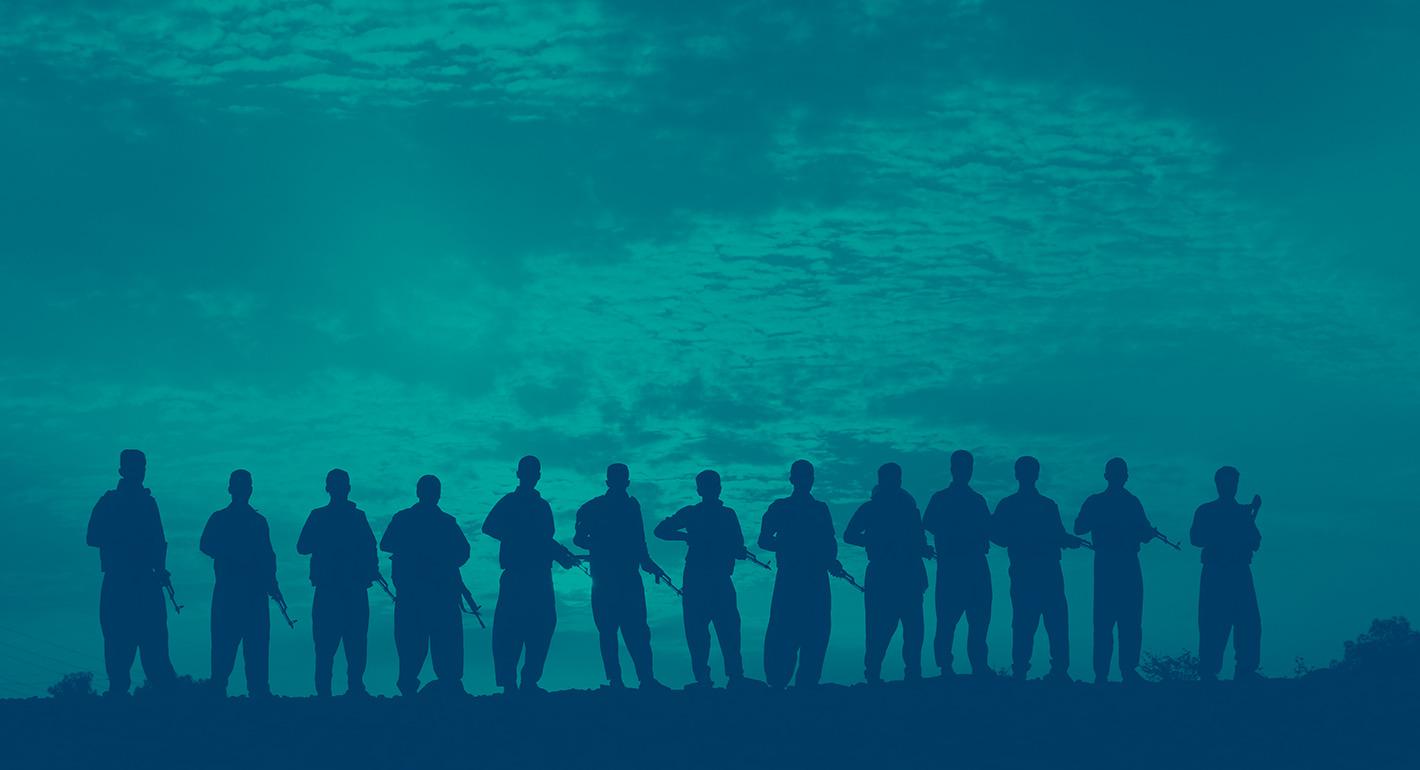Registration
You will receive an email confirming your registration.
Today, war is on the rise. But with an increasing number of cyber attacks, the use of drones, manipulation of refugee populations, and the introduction of powerful nonstate actors, defining acts of war and who perpetrated them has become an increasingly complex challenge—one that authoritarian regimes are quick to use to attack democracies while maintaining plausible deniability.
These alterations to warfare are on a collision course with the degradation of democracy in the United States. For decades, Congress, the sole body with the constitutional power to declare war, has ceded this authority to the president. But fears of presidential overreach are now being joined with concerns about how the changing nature of warfare might make congressional control still more difficult. Is it possible and desirable to restore congressional power given the new shape of warfare? If not, what structure of government would enable the United States to maintain its democratic values at home while contending with changes in warfare and related threats abroad?
To strengthen our democracy, it’s time for a conversation on how the control and conduct of war can grapple with the changing nature of warfare.
